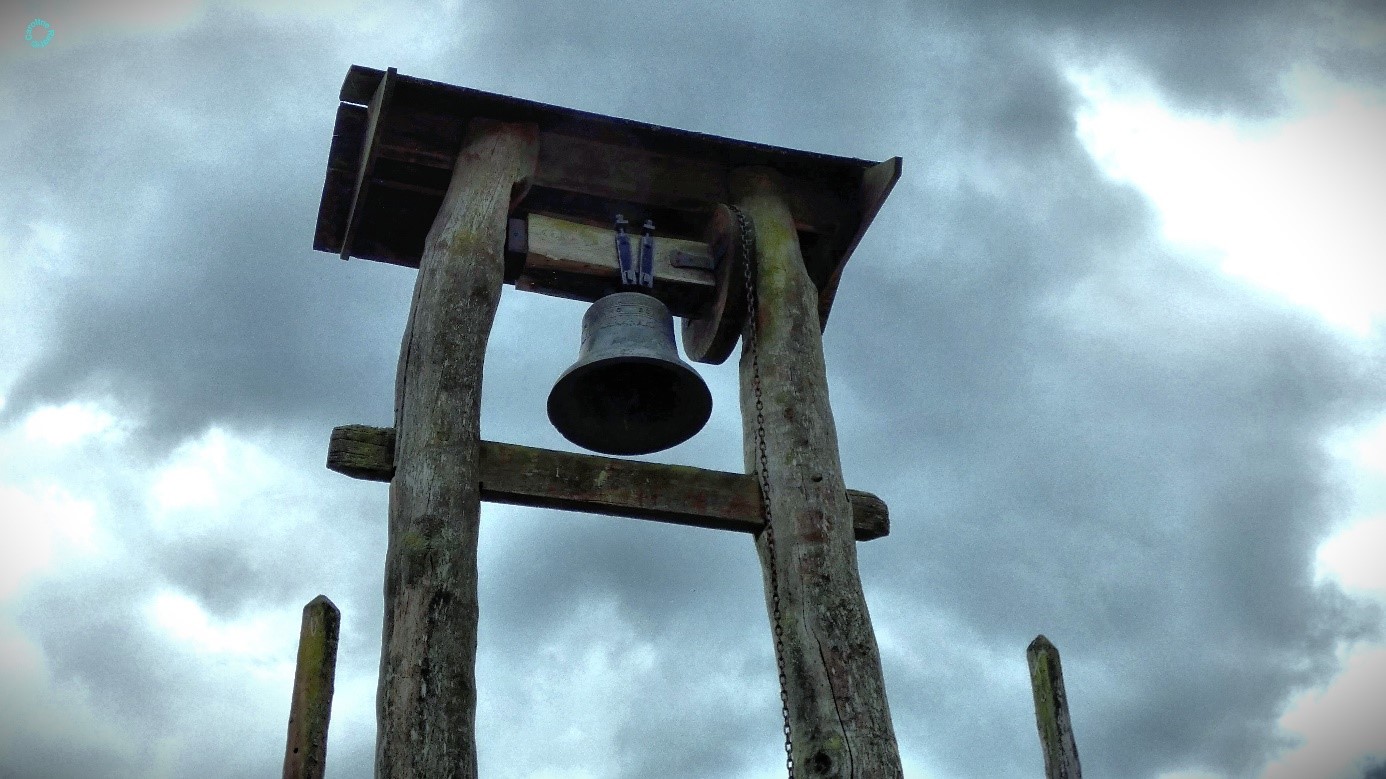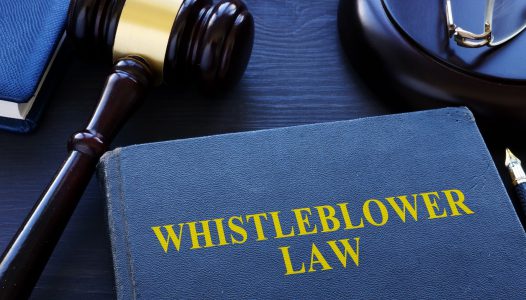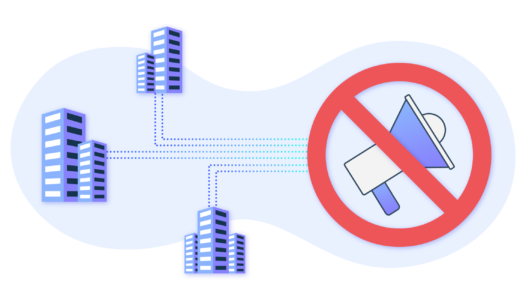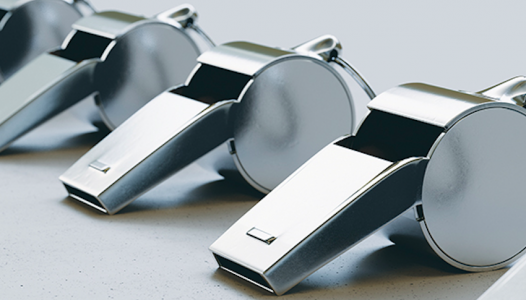by Caroline Raat
It is no wonder that EU employees are confused about what to do if they find out about any wrongdoing, like food safety, money laundering or GDPR breaches. When browsing on the internet, their first hit will probably be the loudest: come with us, it is legal, we will protect you and we will also publish your story on our website. But this ‘leaking’ is usually not legal under the EU Whistleblowing Directive and the national laws that implemented them – there is some variety, but not that much. Here are the do’s and don’ts.
‘Whistleblowing the old-fashioned way’ by seeking (anonymous) publicity may still be the only way to out corruption and other serious matters in largeparts of the world. But even – or especially – then, consulting a legitimate human rights lawyer or renowned NGO is wiser than to call the first phone number you see on the internet. Remember there is hardly ever an obligation to blow the whistle, only a human right to do so.
Do not victimize yourself. Most of the whistleblower websites are run by a one man band, pretending to be an organization. In some cases, they advertise as being international experts, but they do not have any credible qualifications, like a law degree. You may call them amateurs, sometimes charlatans, sometimes even abusers of people in distress.
Prohibition of retaliation: when are you protected by law ?
The EU Whistleblower Directive provides protection for whistleblowers in Article 6.
1. Reporting persons shall qualify for protection under this Directive provided that:
(a) they had reasonable grounds to believe that the information on breaches reported was true at the time of reporting and that such information fell within the scope of this Directive; and
(b) they reported either internally in accordance with Article 7 or externally in accordance with Article 10, or made a public disclosure in accordance with Article 15.
(…)
3. Persons who reported or publicly disclosed information on breaches anonymously, but who are subsequently identified and suffer retaliation, shall nonetheless qualify for the protection provided for under Chapter VI, provided that they meet the conditions laid down in paragraph 1.
This is called the prohibition of retaliation; where the directive requires that there shall be a close connection between the report and the retaliating acts. This prohibition takes effect by default – by operation of law – as soon as the report is administered under these conditions. In other words, the reporter does not have to:
• request ‘whistleblower protection’ or
• ask for a ‘whistleblower status’;
• he has both the these automatically.
Beware of deviating from the rules
Article 6 of the directive means, however, that the reporter must comply by the procedural rules to enjoy protection. If she deviates from them – there was no reasonable suspicion (but the reporter relied on verbal information from a colleague, for example), there was no breach, or she goes directly to the media – then in most cases she will not be protected.
Under these rules, it is risky to raise a problem in another (informal) way, which is frequently promoted. Raising the problem “down the line” (to one’s boss or his boss), is also risky. The well requires that internal rules stipulate that an impartial officer or department be charged with receiving and handling reports; i.e., precisely not one’s own supervisor.
When can you seek publicity?
The risk of not being legally protected becomes even bigger if the witness or reporter walks straight to the media. This can only be done according to the rules set in article 15 of the Directive.
1. A person who makes a public disclosure shall qualify for protection under this Directive if any of the following conditions is fulfilled:
(a) the person first reported internally and externally, or directly externally in accordance with Chapters II and III, but no appropriate action was taken in response to the report within the timeframe referred to in point (f) of Article 9(1) or point (d) of Article 11(2); or
(b) the person has reasonable grounds to believe that:
(i) the breach may constitute an imminent or manifest danger to the public interest, such as where there is an emergency situation or a risk of irreversible damage; or
(ii) in the case of external reporting, there is a risk of retaliation or there is a low prospect of the breach being effectively addressed, due to the particular circumstances of the case, such as those where evidence may be concealed or destroyed or where an authority may be in collusion with the perpetrator of the breach or involved in the breach.
2. This Article shall not apply to cases where a person directly discloses information to the press pursuant to specific national provisions establishing a system of protection relating to freedom of expression and information.
Article 15 is fully compliant with the recent European Court of Human Rights ruling in the LuxLeaks case. If the national legal system and external whistleblower reporting channels are in line with the EU Directive, ‘walking to the press’ is only legal in certain cases, like a serious danger. Also, this makes sense: the media are protected by article 10 of theHum European Convention on Human Rights only because they are instrumental to the right to receive information. If a EU breach or national wrongdoing can be solved by following the prescribed procedure, this is in everybody’s best interest.
Consult a legitimate expert
In all cases: consult an expert before you decide on reporting or ‘leak to the media’. Some employers have sufficiently legally trained trusted persons or confidants in-house, most have not. You can also seek advice from the national designated authorities in your country or call a qualified lawyer.
The author, Caroline Raat PhD, LLM, MA has published about Whistleblower legislation and protection in many peer-reviewed and popular for many years. Also, she teaches government agencies, law firms and other professionals about whistleblower law and practice and works as a lawyer for employees who have been retaliated because of their reports.






